Year: 2015
-
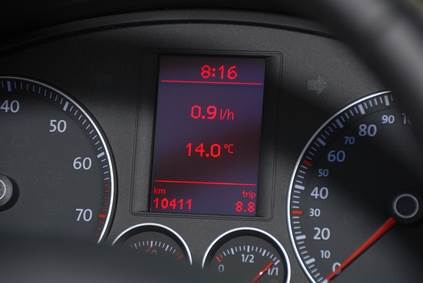
How Can I Test on the Powertrain Control Module?
Powertrain control modules (PCM) are used in vehicles compliant with the second generation of On-Board Diagnostics. This means the vehicle has to have been manufactured after 1996, and any troubleshooting must be done with a diagnostic hardware. The PCM is your vehicle’s central computer, and it is part of the the OBD-II system. The module…
-
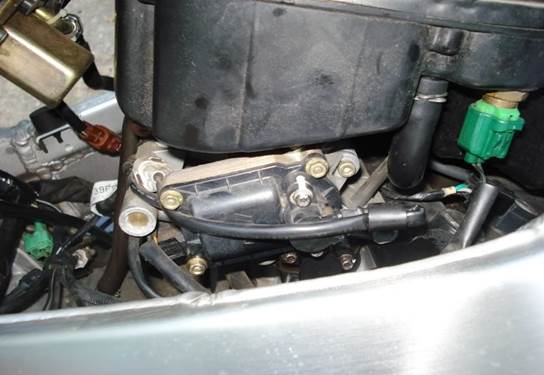
How can I tell if the throttle position sensor has failed?
The throttle position sensor, TPS for short, is a sensor that is used in an internal combustion engine. These can be fuel injected engines or carbureted engines. The TPS is used to monitor the position of the throttle butterfly valve. When we accelerate, the butterfly opens a little or a lot to allow air into…
-
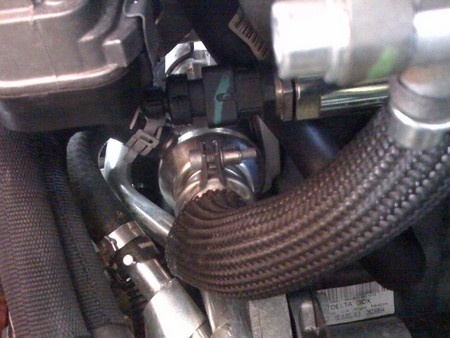
How Can I Tell if My EGR Valve Needs to be Cleaned or Replaced?
The Exhaust Gas Recirculation (EGR) valve is an important part of the exhaust circulation system of a vehicle. EGR valves have been in use in the United States since the 1960s, when car companies were seeking ways to increase the efficiency of vehicles while also decreasing pollution. When the EGR valve is clogged or malfunctioning,…
-
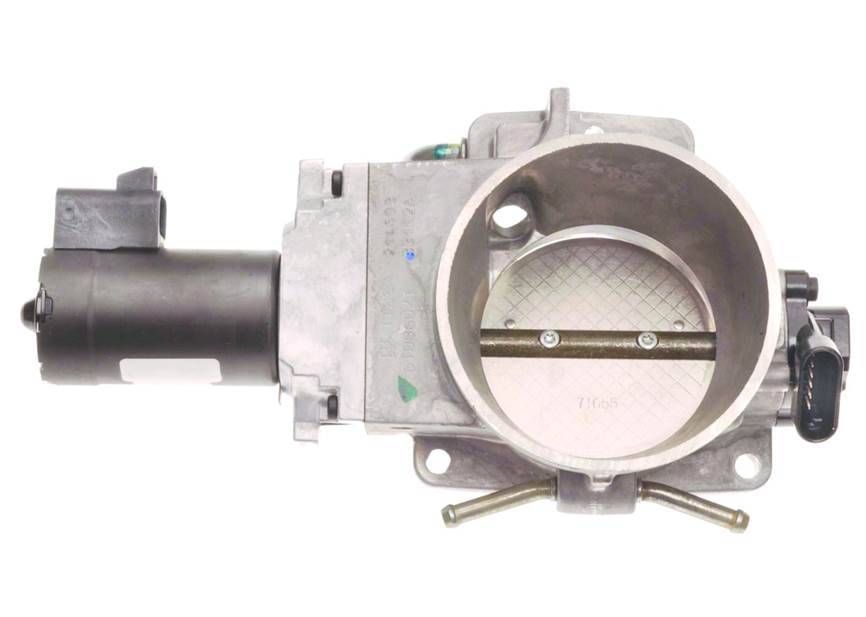
Fuel Regulator Symptoms
Fuel pressure regulators, also called fuel regulators, are important parts of a car’s fuel system. Their function is to keep the fuel pressure at a constant rate, usually around 28 pounds per square inch. The fuel pressure regulator reacts to an excess in fuel pressure by opening up an auxiliary fuel line that compensates for…
-
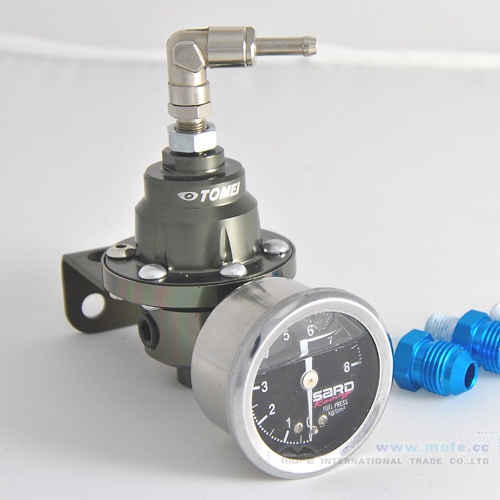
Fuel pressure regulator problem symptoms and the diagnosis
Like any other mechanical equipment, the fuel pressure regulator can also fail, leading to many problems. Here I’ll address several symptoms of a bad fuel pressure regulator. 1. Spark plugs blackened. Examine the end of a spark plug. If it has any sooty signs, it could direct to a bad fuel pressure regulator. Check the…
-
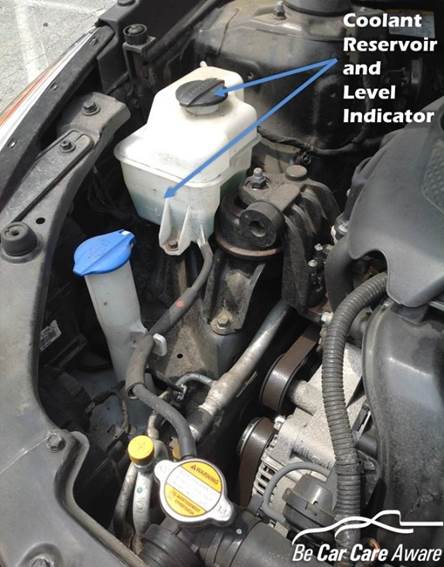
Four Symptoms of a Sick Cooling System
With the hot summer temperatures on the rise, knowing the symptoms of a sick cooling system are critical to your summer driving plans, since cooling system failure is a leading cause of vehicle breakdowns. The most noticeable symptoms are overheating, leaks, a sweet smell of antifreeze and repeatedly needing to add coolant, according to the…
-
Failing car throttle position sensor signs and its troubleshooting
Fleas caused the Black Plague. A few misplaced carbon atoms sank the Titanic. Tribbles crippled the Enterprise. Sometimes, the smallest and most seemingly innocuous things can cause the biggest problems, and that certainly is true of this little throttle position sensor on top of your engine. when you have a bad TPS, it provides your…
-
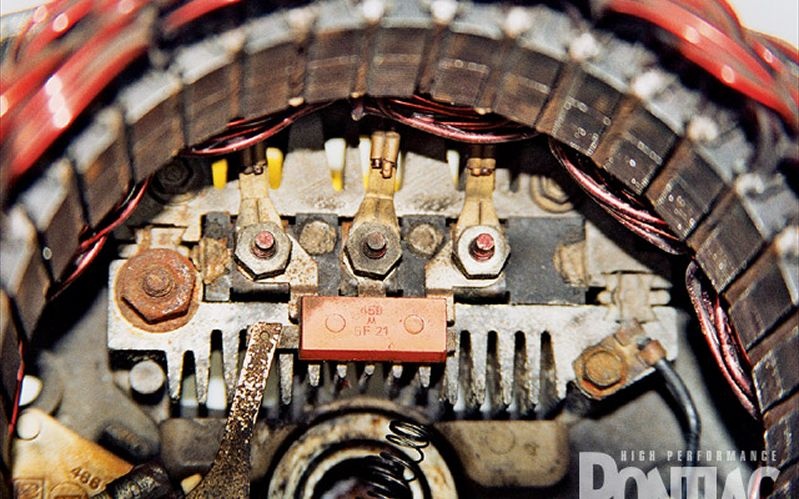
Engine Problems and Your Options
What are the typical symptoms of engine problems? Excessive smoke from tailpipe; excessive oil consumption; knocking or tapping sounds; low oil pressure; low compression; water mixing in oil; oil getting into the air cleaner and/or radiator. What are the typical causes of car engine problems? Normal mileage wear and tear; poor maintenance; lubrication problems; excessive…
-
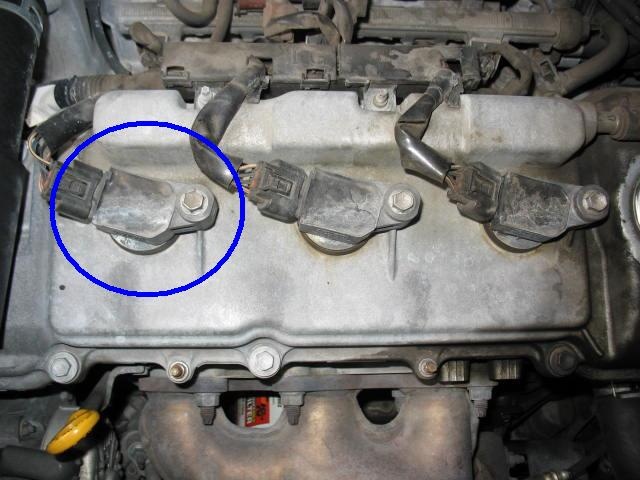
Engine misfire causes analysis
The engine misfire means that a car’s engine skips over one of the processes of its combustion cycle. This generally causes the engine to run rough, jerk, or buck, thus leads to an inefficiently run engine. Engine misfires include lean misfires, ignition misfires, and mechanical misfires. Lean misfire refers to an engine misfiring caused by…
-
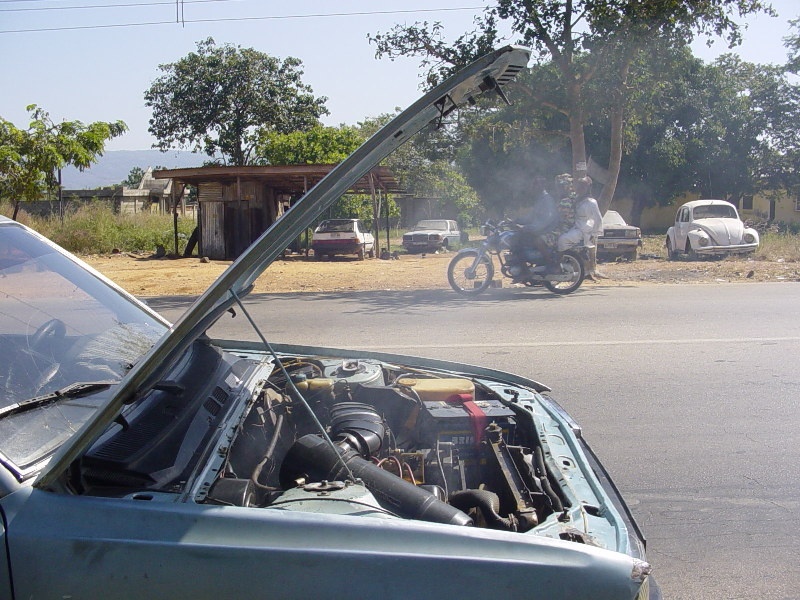
Engine Failure & White Smoke
Engine failure can be caused by a variety of conditions, including high mileage, neglect, age and mechanical malfunctions. One of the common symptoms of engine problems is white smoke coming from the exhaust pipe on the vehicle. White smoke is one of the first telltale indicators that vehicle may be having engine problems and requires…
